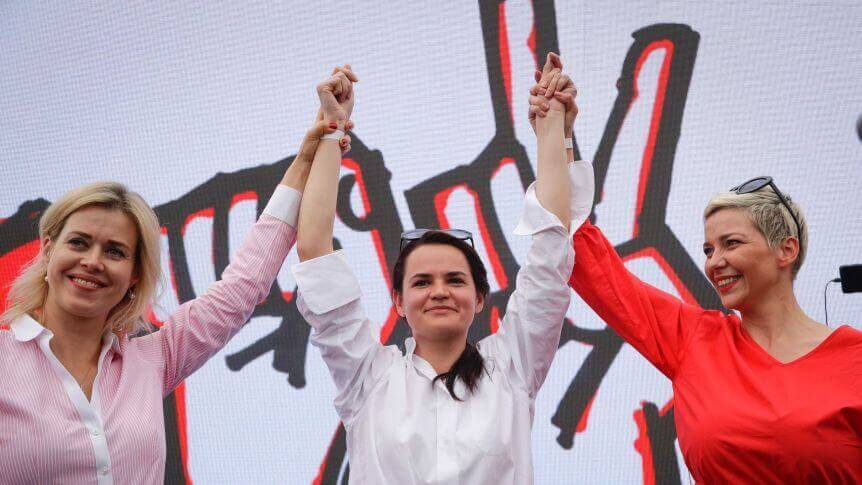The political climate in Belarus has been tense for the past month since incumbent President Alexander Lukashenko, who has led the country since 1994, is seeking to continue his reign in the upcoming elections on 9 August.
The last few weeks have seen drastic and heinous crackdowns on Lukashenko’s political opponents and fellow presidential candidates, with the President even issuing an open threat last Thursday to expel foreign journalists from the nation, urging them to focus on “harvests, not protests”.
The 65-year-old faces his biggest political challenge to his authoritarian rule in over two decades, with his citizenry growing angrier day by day at his inefficiency in handling the COVID-19 pandemic, the ensuing economic crisis, and the gross human rights violations carried out by his administration on the daily.
Lukashenko’s campaign has been met with widespread an violent protests and his response has been to arrest, detain, and fine hundreds of people. This has included the quashing of his two main political contenders: Victor Babariko and Valery Tsepkalo. While Babariko has been arrested on charges of fraud and embezzlement, Tspekalo, a former envoy to Washington, has been banned from running for elections due to his alleged mismanagement of the Belarus Central Election Commission (CEC). Further, a civilian blogger named Syarhey Tsikhanouski who intended to unseat ‘Europe’s last dictator’ was also arrested.
In a twist, Tsikhanouski’s wife Svyatlana, 38, finds herself leading a presidential campaign against Lukashenko. She is joined by Veranika Tsapkalo, who headed the campaign of her husband as well as Maryya Kalesnikava, who led Babariko’s campaign.
For Belarusians, who have been mocking their President with the name “Sasha 3 percent” as a reference to his opinion ratings, Tsikhanouski’s campaign with her two powerhouse partners has not only signalled a new rise in female leadership, but has also offered a ray of hope to the demonstrators who have been disillusioned by Lukashenko’s policies and treatment of the public.
However, in a deeply patriarchal society, this has come at a cost. After receiving several threats of death and sexual assault by Lukashenko’s supporters, Tsikhanouski was forced to move her children to an undisclosed location in Europe for their safety. In a report condemning the blatant misogyny at play in Belarus right now, Marie Struthers, Eastern Europe and Central Asia Director for Amnesty International said, “Insatiable in their intention to silence their political opponents and any form of dissent, the Belarusian authorities are wheeling out practices that smack of misogyny. They are deliberately targeting women involved in politics or female family members of political activists, including with open discrimination and threats of sexual violence.”
In addition to this, concerns remain about the transparency and glaring lack of international observers for next month's elections. The OSCE’s Office for Democratic Institutions and Human Rights said that it was only invited by Minsk on 15 July, which is far too short of a notice for the body to make arrangements for its assessments. Last week, the ODIHR announced that the international watchdog would be pulling out of its planned mission to Belarus.
See also: Belarus President Accuses Russia of Meddling in Election

